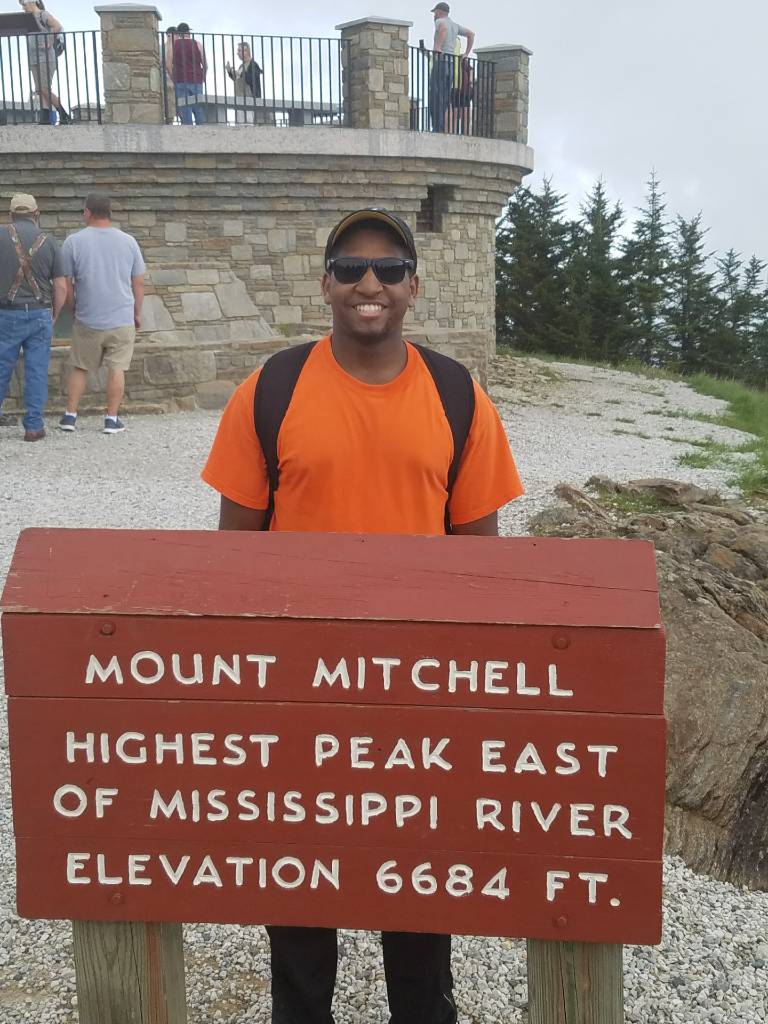EEE Alumni Profiles
Marisa Henry
BSEEE ’15
As a middle school student in Texas, Marisa Henry learned about an area between Hawaii and California said to contain the largest accumulation of ocean plastic in the world. This introduction to “the Great Pacific Garbage Patch” led her to Purdue to study the ways in which humans interact with and change the environment.
“I decided to major in environmental and ecological engineering to learn more about the interplay between human and natural systems and how to design systems that better balance the needs of society and the environment,” Henry says of her choice to study environmental engineering. She paired her engineering degree with a minor in economics and the University’s Diversikey Certificate, a program of curricular, co-curricular and field experience in diversity and leadership.
After graduation, Henry interned for a “bike-powered” compost company in Austin, Texas, and then was awarded a Gates Cambridge Scholarship to complete an MPhil in Engineering for Sustainable Development at the University of Cambridge. She also completed an MSE in Applied Mathematics and Statistics at Johns Hopkins University, and is currently a doctoral student there in Environmental Health and Engineering. She says she draws on her interdisciplinary education, to research the design and evaluation of programs and policies intended to improve sustainability outcomes through behavior change.
Henry credits a leadership role on a Purdue Global Development Team working to address water scarcity in rural Tanzania with having shifted her perspective on international development projects and sustainability. She has continued her international work as a project advisor for a Johns Hopkins Engineers Without Borders project, working with a community in rural Ecuador to design and build a vehicular bridge to reconnect the community to important health, education and economic resources.
Henry says her work as a peer teaching assistant with Dr. Larry Nies in CE/EEE 355 Engineering Environmental Sustainability gave her teaching and facilitation skills that empowered her to value her own ideas and opinions. “My Purdue degree helped me develop a broad range of skills that I draw on in my current work, including: research, teaching, communication, project management, systems thinking and persistence,” Henry says.
Jacob Widner
BS ’14 Natural Resources and Environmental Science
MSEEE ’16
Jacob Widner, the first student to receive a Purdue EEE graduate degree, chose environmental engineering after six years aboard a submarine in the U.S. Navy. Near the end of his enlistment, the ship traveled to waters north of the Arctic Circle. He learned that not long before, the previously closed shipping lanes of the Northwest Passage had opened due to the decreasing levels of polar ice.
“I had been thinking a great deal about what I wanted to do with my life after my military career ended,” Widner says. “With the experience I had during my time in the Arctic, I decided on environmental science.” The Brownsburg, Indiana, native enrolled at Purdue to study natural resources and environmental science.
After receiving his master’s degree, Widner moved to Washington, where his wife had an Americorps internship. Until January, when he successfully completed his contract, Widner worked as the Integrated Training Area Management (ITAM) Coordinator at Joint Base Lewis-McChord near Olympia. The job entailed working with many different stakeholders to properly manage the thousands of acres of training lands on the base. He hopes to continue work in land use.
“The innovative and critical thinking skills that were instilled in me during my time in the EEE program were essential in working with the military to solve environmental and management issues,” Widner says. “I hope to solve problems caused by land use and work toward reaching the goals of all stakeholders involved.”
Andrew Yacinthe
BSEEE ’16
When Andrew Yacinthe arrived at Purdue as a freshman in 2012, he had his sights set on becoming an aerospace engineer and astronaut. NASA’s funding was frozen, though, so after considering his future, he switched to an EEE major. “I figured if I couldn’t leave the earth, I could at least try to save it,” he says.
Yacinthe now works as an environmental engineer for Eastman Chemical Company in East Texas, having initially hired on in East Tennessee. He says his EEE degree helped him become a better critical thinker. “Solutions to questions and problems that pop up aren't always readily available, and I feel that Purdue equipped me to know how to tackle these issues,” he says.
In addition to his work as an engineer, he has a special interest in providing STEM educational opportunities to youth--especially those who are underrepresented and underserved. He wants to help build future generations of engineers. While in Tennessee, he served on the board of H.O.P.E. (Help Our Potential Evolve), a nonprofit that provided mentorship and taught life skills to youth in the local community.
Yacinthe has fond memories of the EEE study room in Potter 122 — “I can't even try to count the number of late nights I had in that room. The Georgia native also recalls playtime spent skiing down Slayter Hill on dining hall trays.
“If I stay within the chemical industry, I'm hoping that I'll become knowledgeable enough to provide insight in earlier stages of manufacturing. I’d like to help encourage product development teams to fully understand their environmental impact, both long term and short term, and to mitigate negative environmental impacts before they arise,” Yacinthe says.
